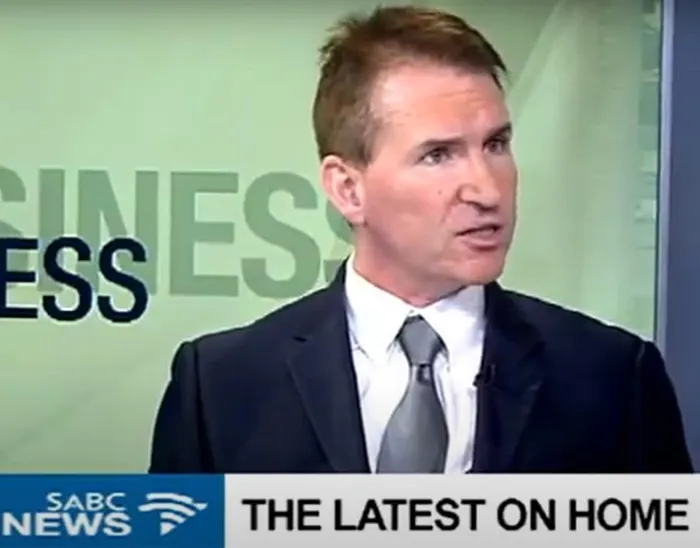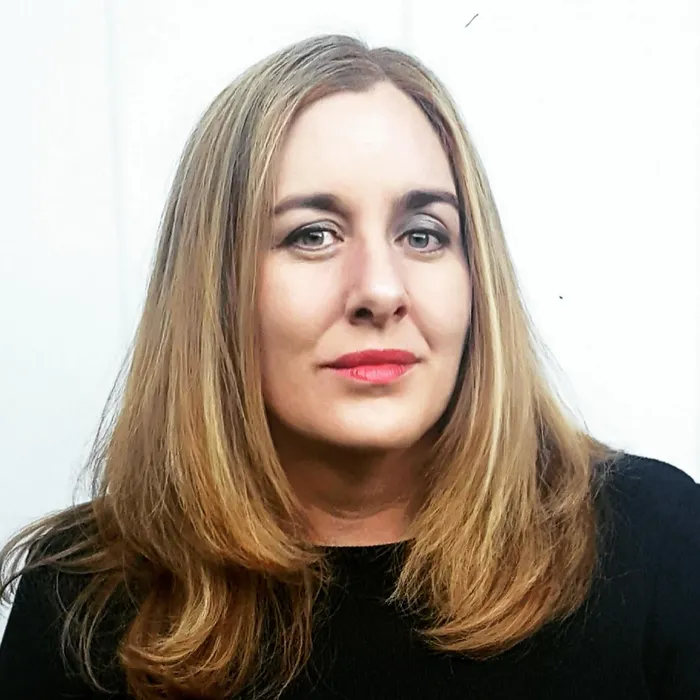Homeowners rise: Class action against SA banks echoes Erin Brockovich’s fight for justice
EDITOR'S NOTE

Advocate Douglas Shaw is spearheading the class action lawsuit against banks.
Image: Supplied
In what reads like a modern-day David vs. Goliath, more than 100 000 former homeowners are taking on South Africa’s “Big Four” – Absa, Standard Bank, Nedbank and FirstRand – in a R60 billion class-action lawsuit set for February 2026.
The reputations of these banks are on the line. For institutions that constantly tout putting the customer first, this legal showdown threatens to take a wrecking ball to that image - one they may struggle to recover from. It’s a major headache, and it could very well be a turning point in how banks are held to account in South Africa.
This class action is not just about money. It’s about power, dignity, and justice. It’s a wake-up call to all of us that even the most powerful institutions are fallible - and can be challenged.
The applicants in this case have stepped forward, and it's heartbreaking to consider what they’ve endured. These are people who fell on hard times, couldn’t meet their mortgage payments, and had their homes repossessed. But the real scandal lies in what happened next: the homes were sold at auctions, sometimes for as little as R1 000 - often with no reserve price, no regard for actual market value, and no concern for the human cost.
This was allowed under pre-2017 rules, when South African courts didn’t require a minimum sale price. Thankfully, that loophole has since been closed. But for those who suffered under the old regime, the scars remain.
As a homeowner myself, I can’t begin to imagine what they went through. How powerless they must have felt going up against the might of the banking system. Blood, sweat, and tears went into trying to keep their homes. In the end, they lost not just property, but dignity.
Now, after seven long years, these former homeowners are finally getting their day in court.
It’s worth remembering that justice in South Africa is not always accessible. Our courts are under-resourced, backlogged, and too expensive for the average person. But in this case, the Lungelo Lethu Human Rights Foundation has taken up the fight, led by Advocate Douglas Shaw.
Shaw says banks should have thought about the Constitution before acting - and he’s pushing for a criminal investigation into each sale. “When I go to court, I go up against 27 people,” he told Stephen Grootes on The Money Show. “Me versus large numbers of people from the top banks in the country. It’s a scary thing to do. Most lawyers would say no. It’s difficult.”
Interestingly, Shaw's research shows that having your house sold for much less than the market value has only happened in South Africa. He is appealing to people to step forward, tell him your story and to get get your case out there.
"You can help us help you by filling your case into our class action, which will in turn make you viable for reinbursement of the money you have lost," he says on his website.
This isn’t just a legal case—it’s a moral one. And it’s one the country will be watching closely.
It brings to mind the story of Erin Brockovich, the woman played by Julia Roberts in the film, who took on a massive corporation in a fight for justice. Brockovich was an ordinary person who refused to be silent, and her courage changed lives.
In the film Brockovich, a legal clerk named Erin Brockovich uncovers a massive cover-up by Pacific Gas & Electric (PG&E) involving the contamination of Hinkley, California's water supply with hexavalent chromium. The contamination, linked to a PG&E compressor station, caused serious illnesses among residents. Brockovich, along with her boss Ed Masry, spearheaded a class-action lawsuit against PG&E, culminating in a record-breaking $333 million (R5.9 billion) settlement for the affected residents. The case highlighted the dangers of industrial pollution and brought Brockovich to national attention, later inspiring the 2000 film.
That same spirit is alive here. South Africa’s former homeowners may not wear suits or command boardrooms, but they are standing up, together, against a system that failed them.
If Erin Brockovich marked a moment of reckoning in the US, this could be ours. A moment when ordinary citizens remind powerful institutions that they are not untouchable.
And if the banks are found guilty? The implications are massive. Will they absorb the cost or pass it on to consumers? Will trust in the financial system crack even further? It’s unlikely the banks will lose their licences—such a move could shake the entire economy—but their reputations may never fully recover.
One thing is certain: South Africa’s financial sector will not be the same again.

Philippa Larkin, is the executive edior of Business Report.
Image: Supplied
Philippa Larkin in the executive editor of Business Report.
If you need help against the banks from Dr Advocate Shaw and his team: contact Dr Advocate Shaw·
- If your house has already been sold at:banksoldmyhouse@drdouglasjshaw.co.za·
- If your house is about to be sold at:now@drdouglasjshaw.co.za·
- If you want to help the cause at:volunteers@drdouglasjshaw.co.za
BUSINESS REPORT